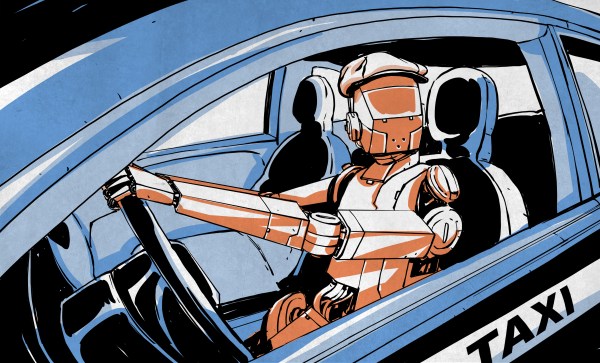It’s likely that among the readers of this article there will be many who collect something. Whether it’s rare early LEDs or first-year-of-manufacture microprocessors, you’ll scour the internet to find them, and eagerly await mystery packages from the other side of the world.
There’s a tale emerging from Australia featuring just such a collector, whose collection now has him facing a jail sentence for importing plutonium. The story however is not so clear-cut, featuring a media frenzy and over-reaction from the authorities worthy of Gatwick Airport. [Explosions&Fire] has a rather long video unpacking the events, which we’ve placed below the break.
Emmanuel Lidden is an element collector, someone who tries to assemble an entire Periodic Table in their collection. He ordered a range of elements from an American element collectors’ supply website, including samples of plutonium and thorium. He seems to have been unaware he was committing any crime, with the microscopic samples available from legitimate websites with no warnings attached. The case becomes murkier as the Australian authorities flagged the thorium sample and instructed the courier not to deliver it, which they did anyway. Then a raid of the type you’d expect for the terrorists who stole the plutonium in Back To The Future was launched, along with that Gatwick-esque media frenzy.
We’re inclined to agree that the penalty likely to be meted out to him for buying a sliver of a Soviet smoke detector embedded in a Lucite cube seems overly steep, but at the same time his obvious naivety over dealing in radioactive materials marks him as perhaps more than a little foolhardy. It’s something over which to ponder though, have we managed to amass anything illegal disguised as outdated devices? Have you? Perhaps it’s something to discuss in the comments.
Continue reading “A Tale Of Nuclear Shenanigans From Down Under”


















